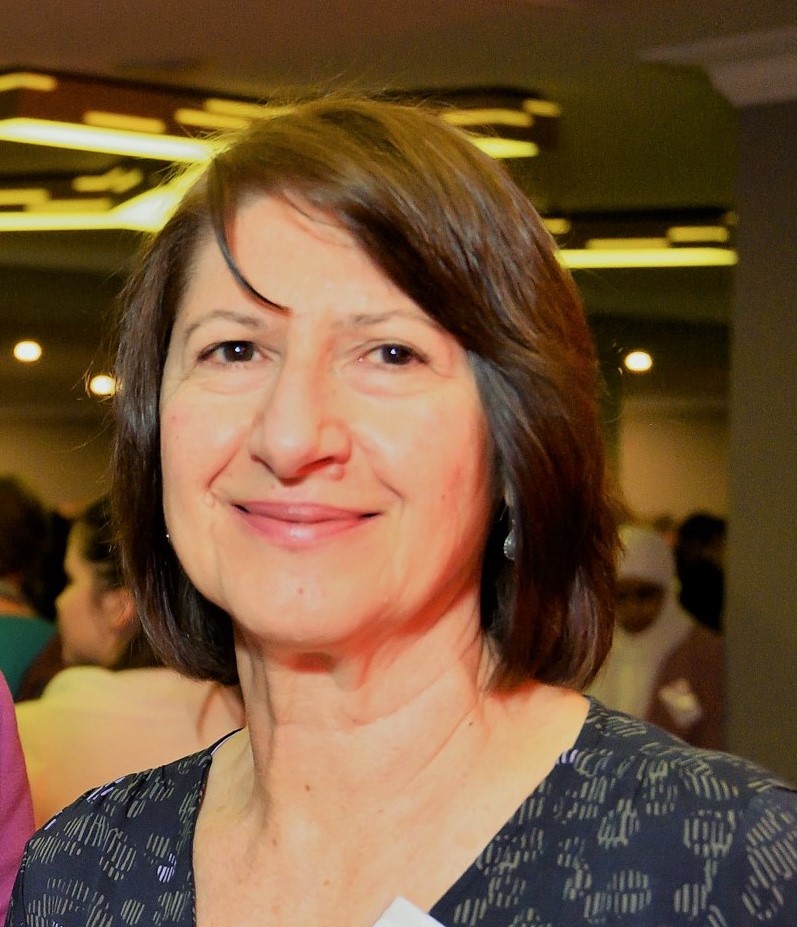
Helen Boon
- helen.boon@jcu.edu.au
 https://orcid.org/0000-0003-3842-9622
https://orcid.org/0000-0003-3842-9622- Associate Professor
Projects
3
Publications
99
Awards
6
Biography
Helen was Dean of Education 2017 - 2019 and during that time instigated a number of innovations and initiatives, including the Future Teachers Project with the Department of Education, the Education Conversation with the Department of Education, and Catholic Education in Townsville and Cairns and the Supervising Teacher Awards for Townsville and Cairns. Prior to that Helen was Bachelor of Education Coordinator for several years.
A/ Prof Boon whose research is nationally and internationally recognised, has a strong research interest and experience in resilience, climate change and the intersection of ethics, climate change and adaptation to climate change. Helen initially trained in Chemistry and Physiology obtaining a double First Class Honours Bachelor of Science degree and then taught Chemistry and Mathematics for a number of years. Preferred research methods are quantitative, including statistical modelling and Rasch modelling, unique in the Education staff profile at JCU.
Helen has led as Chief Investigator (CI) a number of interdisciplinary and national projects: a WIL project with partners from the School of Medicine, a Collaboration Across Boundaries Project with the School of Public Health, Tropical Medicine and Rehabilitation Sciences, and an NCCARF funded project with the School of Earth and Environmental Sciences and Charles Sturt University. Moreover, Helen was Chief Investigator on an ARC funded project examining the most effective pedagogies for Indigenous students.
Helen has completed a range of research consultancies and is currently working on a research project around teacher ethics with a Canadian collaborator Prof Bruce Maxwell, funded by the Canadian Council of Social Science.
Recent publications including a longitudinal study about climate change education and pre-service teacher attitudes and knowledge are available at: http://ro.ecu.edu.au/ajte/vol41/iss4/3/ and a paper about the dearth of ethics training in pre-service teacher programs across Australia is available at: http://ro.ecu.edu.au/ajte/vol41/iss5.
Helen has been invited as a keynote speaker on a number of conferences, nationally and internationally in the area of community resilience. Additionally, Helen has been interviewed on national media around her research and publications on community resilience, and more recently on the neuroscience of ADHD. In 2020 her timely research publication on the appropriate use of iPad technologies was flagged in over 140 media mentions and interviews.
In 2024 Helen published a paper on the need for more comprehensive water literacy in the context of climate change:
Boon, H.J. (2024). A Comprehensive Approach to Water Literacy in the Context of Climate Change. Educ. Sci. 14(6), 564; https://doi.org/10.3390/educsci14060564
Another recent publication highlights the difficulties that prospective teachers have in navigating codes of ethics in relation to teaching anthropogenic climate change:
Boon, H.J. (2023). Applications of codes of teacher ethics in the context of anthropogenic climate change. Teachers and Teaching. https://doi.org/10.1080/13540602.2023.2282490
Challenges that are experienced in the context of science education are discussed in a book Helen coauthored and published in 2023:
Thomas G & Boon HJ (2023) Challenges in Science Education Global Perspectives for the Future. This book blends theory and practice to deliver insights for STEs (science teacher educators) and policymakers. https://link.springer.com/book/10.1007/978-3-031-18092-7
Helen has been a Fellow of the Cairns Institute since 2010.
Research
Research Interests
- Neuroscience and the (mis)application of neuroscience to education.
- Climate change, sustainable development and science education
- Indigenous student's academic development.
- Attitudes to science education, in particular to chemistry and dispositions and beliefs about science.
- Climate change and resilience. Ethics and teacher professional behaviour, culturally responsive pedagogies
- Bronfenbrenner's bioecological theory of development, the contribution of parents, teachers and peers to the academic and life trajectories of students at risk.
- Self-efficacy and teaching competence.
- Motivation, goals and beliefs and coping.
- Parenting and its impacts upon development and academic achievement.
- Mixed method research techniques, including structural equation modeling, Rasch analysis and narrative analysis.
Projects
Teaching
Research Advisor Accreditation
Advisor Type
Mentor
